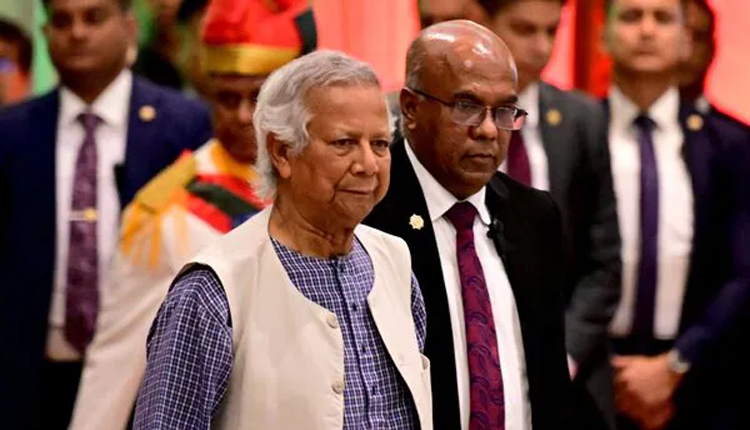Dhaka: Bangladesh’s interim government is facing mounting challenges as it seeks to address a deepening power crisis. In a bid to alleviate the situation, Bangladesh is looking to Nepal for a solution, negotiating to import 40 MW of electricity. The deal is expected to be finalised on 4 October, and India is set to play a critical role in this agreement.
According to sources, the agreement will be a tripartite arrangement involving Bangladesh, Nepal, and India. Under this deal, Bangladesh will import electricity from Nepal through Indian territory. An eight-member Bangladeshi delegation, led by Habibur Rahman, senior secretary of the power division, has arrived in Nepal to finalise the details. The power will be transmitted via a 26-kilometre stretch of Indian land, and the cost for Bangladesh will be around ₹6 per unit.
Officials from Bangladesh’s Power Development Board (BPDB) have indicated that if a direct transmission line could be established between Nepal and Bangladesh, it would significantly reduce costs. However, for now, Bangladesh is reliant on Indian cooperation to facilitate the power transfer.
This situation highlights Bangladesh’s growing dependence on foreign energy imports, with the country grappling with a persistent power crisis. Villages across Bangladesh have been facing up to 19 hours of power cuts daily, while cities experience up to 5 hours of outages, severely impacting the nation’s industries and export-driven economy. Factories, which are crucial to Bangladesh’s economic output, have been hit hard, with power shortages directly threatening export levels.
The ongoing crisis stems from Bangladesh’s fragile energy infrastructure and previous disputes with India’s Adani Power. The two governments signed a 25-year power supply agreement in 2017, but by July 2024, Bangladesh had accumulated $800 million in outstanding payments. Adani Power has since cut back its supply from 1,100 MW to 900 MW. Although Bangladesh recently made a payment of $30 million, further payments are expected to stabilise the situation.
Despite its interim government’s assertive stance towards India, Bangladesh’s reliance on Indian cooperation for this latest energy deal underscores the country’s economic vulnerability. With power shortages deepening, it remains to be seen how the government will balance its political position with the pressing need for reliable energy supply.



Comments are closed.